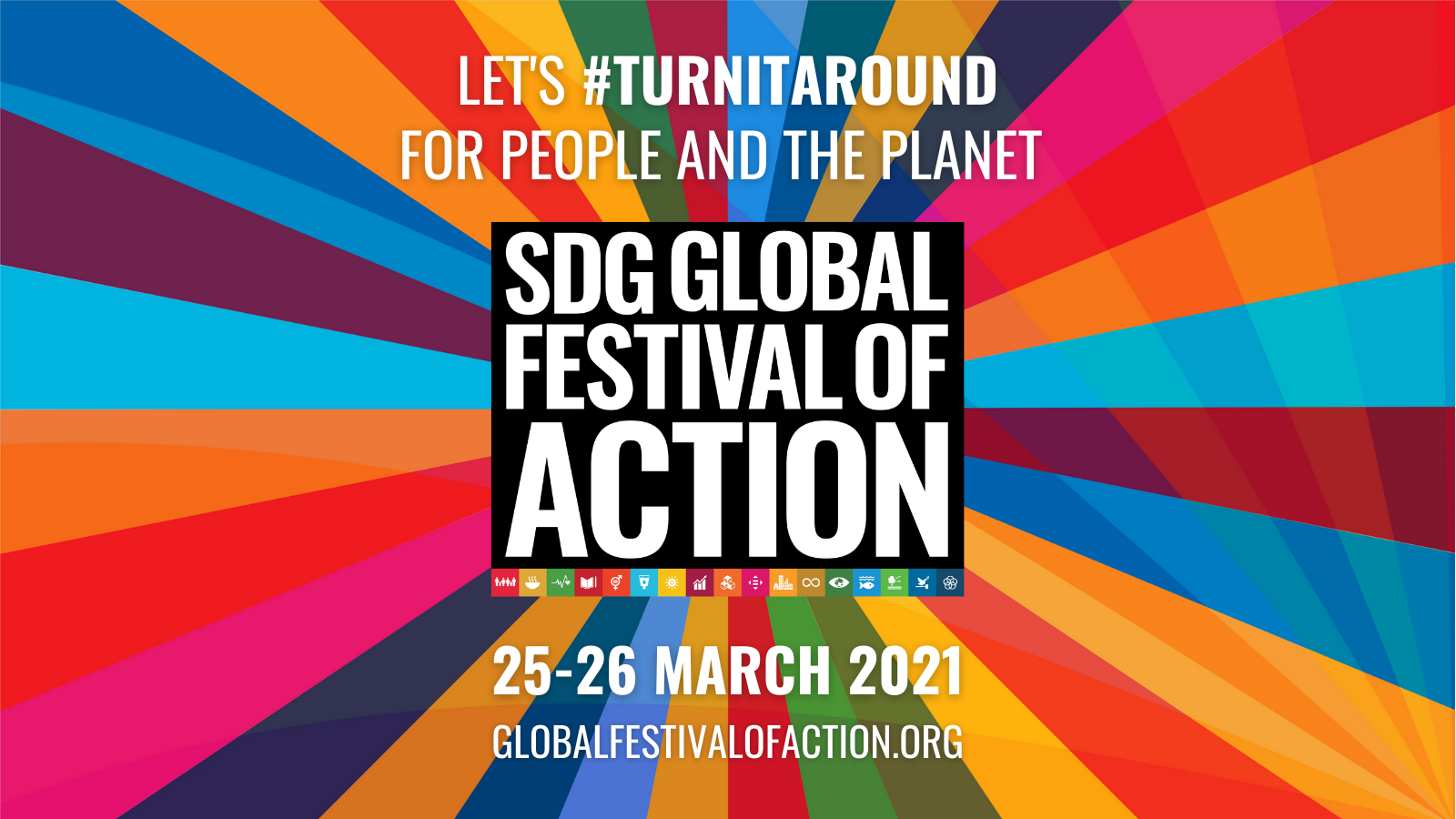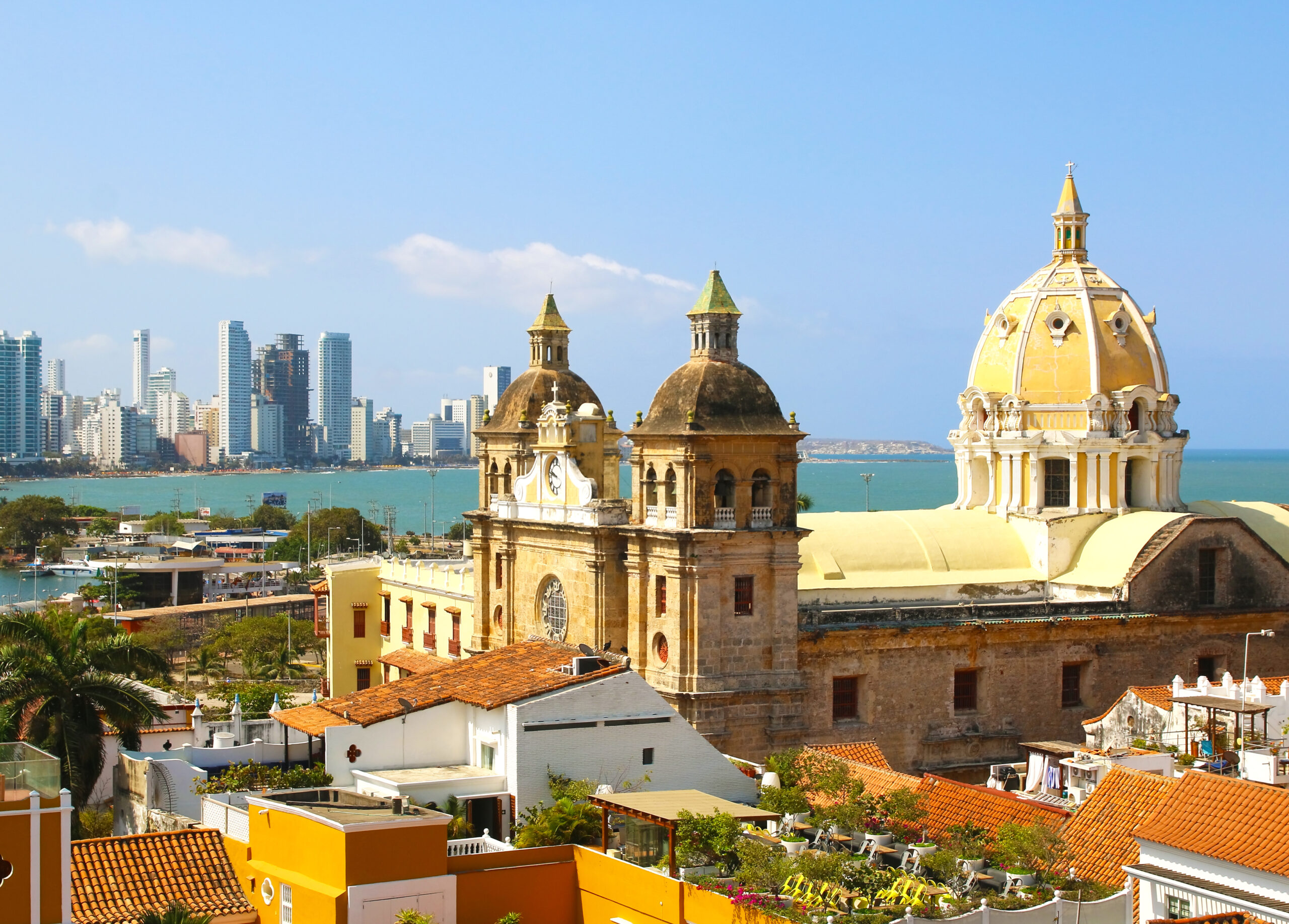As global awareness of climate change and environmental issues grows, festivals around the world are taking significant steps towards sustainability in 2024. From reducing waste to incorporating eco-friendly technologies, these celebrations are not just about fun and entertainment but also about contributing to a healthier planet. This article explores the innovative ways global festivals are embracing sustainable practices this year.
1. Introduction: The Push Towards Sustainability
In recent years, there has been a noticeable shift in the way events and festivals operate. The focus has moved from purely celebrating to actively reducing their environmental footprint. This trend has only accelerated in 2024, with many festivals adopting comprehensive sustainability strategies. The motivation behind this change is clear: festivals are recognizing their role in environmental stewardship and the need to set a positive example for attendees.
2. Waste Management Innovations
One of the most significant areas where festivals are making strides is in waste management. In 2024, many festivals have implemented advanced waste sorting and recycling systems. For example:
- Zero-Waste Goals: Several festivals, like the Glastonbury Festival in the UK, are striving for zero waste. They have introduced comprehensive recycling programs and composting facilities. Attendees are encouraged to separate their waste into categories such as recyclables, compostables, and general waste.
- Reusable Materials: Festivals are increasingly using reusable materials for food and drink services. This includes reusable cups, plates, and utensils, which significantly reduce the volume of single-use plastics.
- Food Waste Reduction: Initiatives to reduce food waste are also becoming common. Some festivals partner with local charities to donate leftover food, while others implement food waste tracking to improve efficiency.
3. Energy Efficiency and Renewable Energy
Energy consumption is another critical aspect where festivals are making changes:
- Renewable Energy Sources: Festivals are incorporating renewable energy sources, such as solar and wind power, to reduce reliance on fossil fuels. For example, the Coachella Valley Music and Arts Festival in the US has increased its use of solar panels to power various festival areas.
- Energy-Efficient Technologies: The use of LED lighting and energy-efficient sound systems helps minimize energy consumption. Some festivals are also investing in energy storage solutions to optimize the use of renewable energy.
4. Sustainable Transportation and Accessibility
Transportation to and from festivals can contribute significantly to their carbon footprint. In 2024, many festivals are addressing this issue:
- Shuttle Services and Carpooling: Festivals are encouraging the use of shuttle services and carpooling to reduce the number of individual vehicles. Some festivals provide incentives for attendees who use public transportation or ride-sharing services.
- Cycling and Walking: To promote sustainable travel, festivals are improving access for cyclists and pedestrians. Dedicated bike lanes and parking areas for bicycles are being introduced, making it easier for attendees to travel sustainably.
5. Eco-Friendly Vendor Practices
Food and merchandise vendors at festivals are also adapting to sustainability trends:
- Sustainable Sourcing: Many vendors are committing to sourcing their products sustainably. This includes using locally sourced ingredients, organic produce, and eco-friendly packaging.
- Eco-Conscious Merchandising: Merch vendors are shifting towards sustainable materials for merchandise. Recycled fabrics and eco-friendly dyes are becoming more common in festival apparel and souvenirs.
6. Educational and Community Engagement
Festivals are not only focusing on their own practices but also on educating attendees and engaging with the community:
- Workshops and Panels: Many festivals offer workshops and panels on sustainability topics. These sessions provide valuable information on how attendees can adopt eco-friendly practices in their own lives.
- Community Initiatives: Festivals are collaborating with local organizations to support environmental and social causes. This includes beach clean-ups, tree planting, and other community-based environmental initiatives.
7. Conclusion: The Future of Sustainable Festivals
The trend towards sustainability in global festivals is a promising development. As festivals continue to innovate and implement eco-friendly practices, they set a precedent for other events and industries to follow. The efforts being made in 2024 highlight a growing awareness and commitment to environmental stewardship that will likely shape the future of festivals worldwide.
By embracing sustainable practices, festivals not only contribute to environmental protection but also inspire their audiences to adopt more eco-conscious lifestyles. As we move forward, the hope is that sustainability becomes the standard, not the exception, in the world of festivals and beyond.


